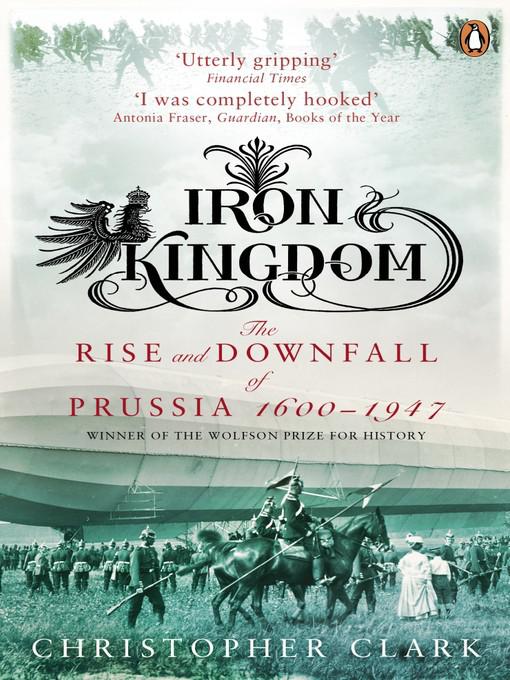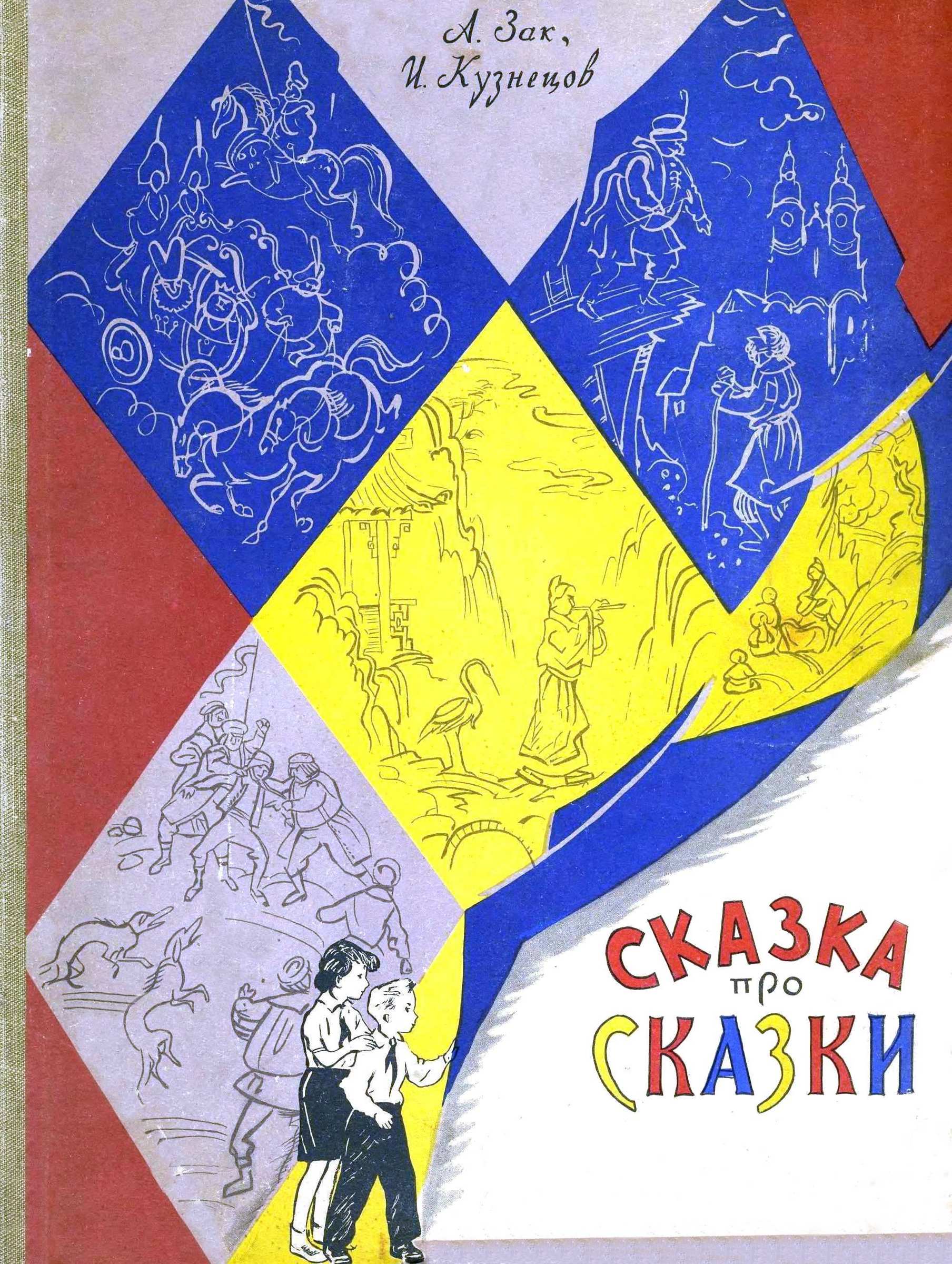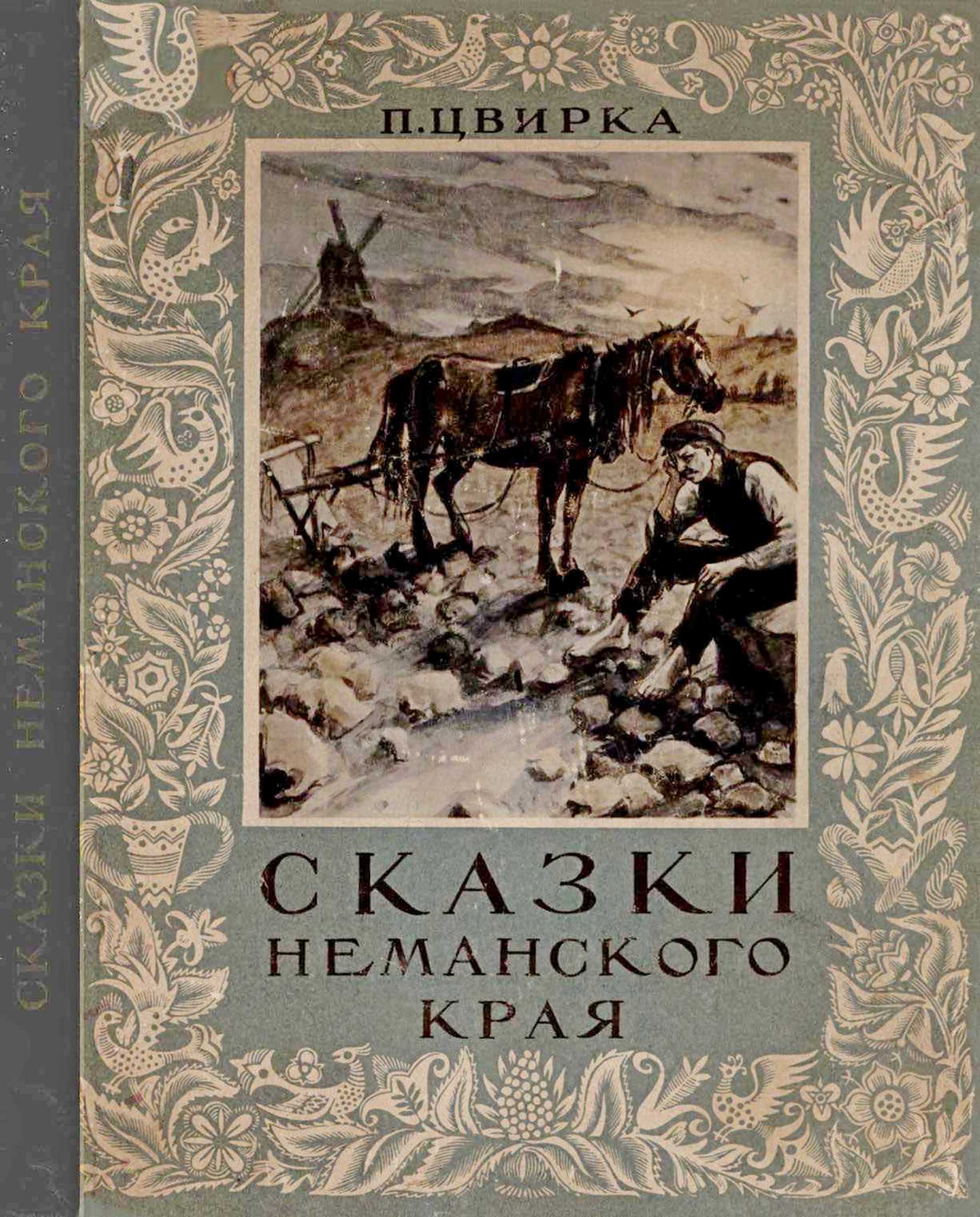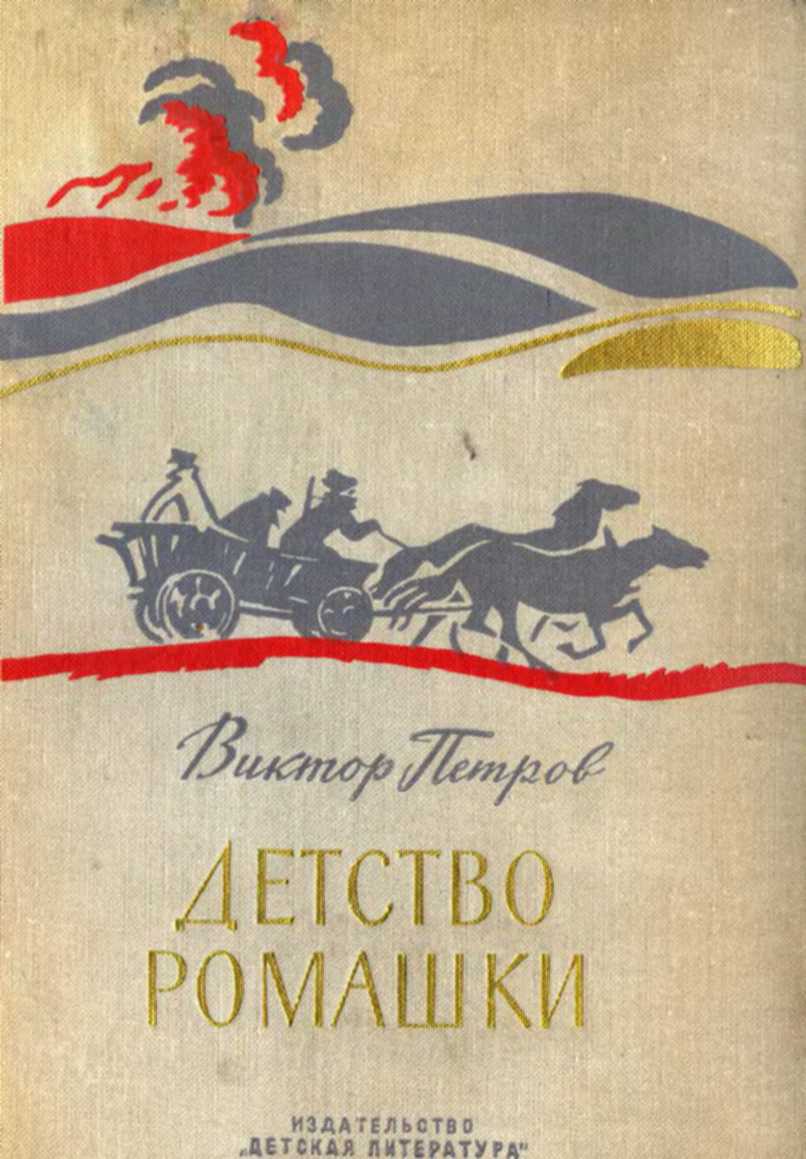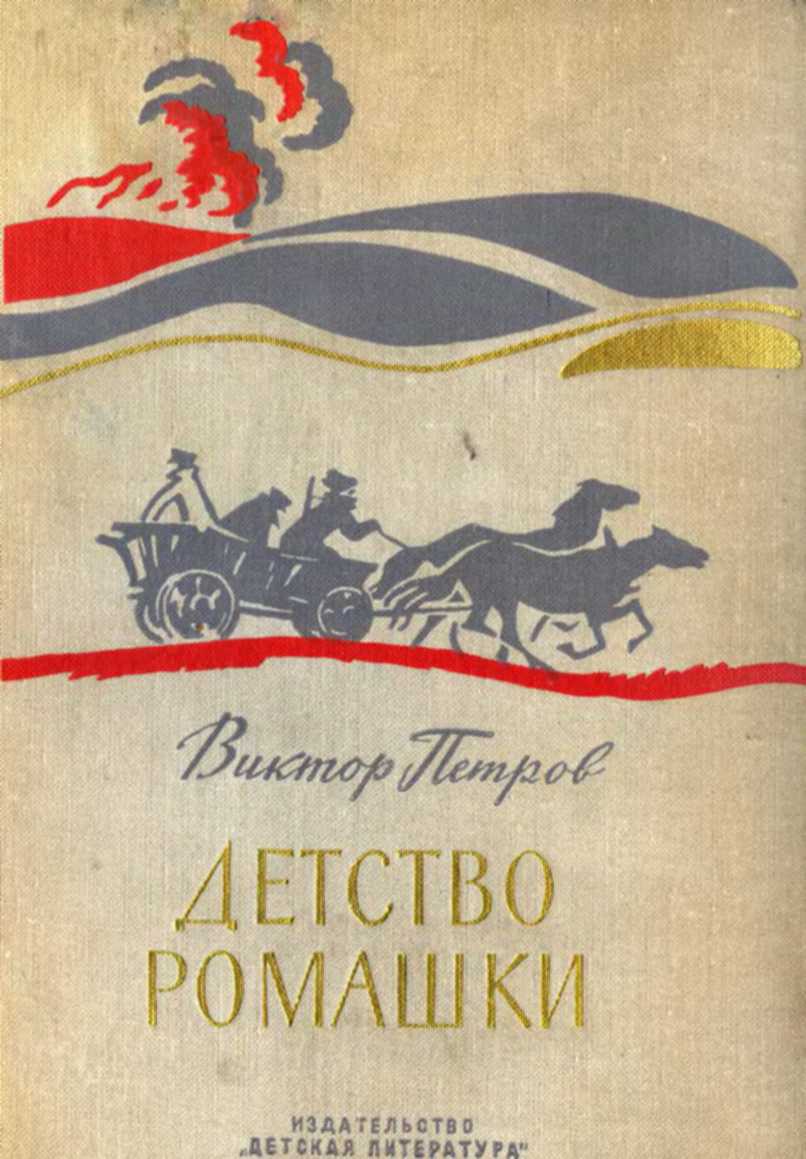Nemesis of Power. The German Army and Politics 1918–1945 (London, 1953), p. 21; cf. Craig, Prussian Army, p. 348; Wehler, Deutsche Gesellschaftsgeschichte, vol. 4, Vom Beginn des Ersten Weltkriegs bis zur Gründung der beiden deutschen Staaten (Munich, 2003), pp. 69–72.
15. Craig, Politics of the Prussian Army, p. 351.
16. The cabinet, or Council of People’s Representatives, refers to the new SPD/USPD government that succeeded the old Prussian-German executive. The Executive Council, elected on 10 November, represented the diffuse interests gathered in the Soldiers’ and Workers’ Councils movement in Berlin. The relationship between the two bodies was a matter of contention during the early months of the republic.
17. This speech was reprinted in Die Freiheit (Berlin), 16 and 17 December 1918. The text may also be consulted at http://www.marxists.org/deutsch/archiv/luxemburg/1918/12/uspdgb.htm; last accessed 26 October 2004.
18.Möller, ‘Preussen’, pp. 188–9.
19. Susanne Miller, Die Bürde der Macht. Die deutsche Sozialdemokratie 1918–1920 (Düsseldorf, 1979), p. 226.
20. Hagen Schulze, Weimar. Deutschland 1917–1933 (Berlin, 1982), p. 180.
21. Diary entries of 7 January and 6 January in Kessler, Tagebücher, pp. 97, 95.
22. Annemarie Lange, Berlin in der Weimarer Republik (Berlin/GDR, 1987), pp. 47, 198–9.
23. This image was published in the third edition of Die Pleite (Bankruptcy), a journal produced by the leftist Malik Verlag, later one of the foremost publishing houses for Communist intellectuals in the Weimar Republic.
24. There were further repressions in Halle, Magdeburg, Mühlheim, Düsseldorf, Dresden, Leipzig and Munich. The repressions in Munich, where the Communists actually succeeded briefly in seizing power and proclaiming a ‘Soviet Republic of Bavaria’, were exceptionally brutal.
25. Craig, Prussian Army, p. 388.
26. Hans von Seeckt, ‘Heer im Staat’ in id., Gedanken eines Soldaten (Berlin, 1929), pp. 101–16, here p. 115.
27. On the ‘Prussian étatisme’ of the coalition parties, see Dietrich Orlow, Weimar Prussia, 1918–1925. The Unlikely Rock of Democracy (Pittsburgh, 1986), pp. 247, 249; Hagen Schulze, Otto Braun oder Preussens demokratische Sendung (Frankfurt/Main, 1977), pp. 316–23 and passim; Winkler, Weimar, pp. 66–7. On the Catholics, see Möller, ‘Preussen’, p. 237.
28. Cited in Schulze, ‘Democratic Prussia’ in Dwyer (ed), Modern Prussian History, pp. 211–29, here p. 214.
29. Heinrich Hannover and Christine Hannover-Druck, Politische Justiz 1918–1933 (Bornheim-Merten, 1987), pp. 25–7 and passim.
30. Peter Lessmann, Die preussische Schutzpolizei in der Weimarer Republik. Streifendienst und Strassenkampf (Düsseldorf, 1989), p. 82.
31. Ibid., p. 88.
32. Hsi-Huey Liang, The Berlin Police Force in the Weimar Republic (Berkeley, 1970), pp. 73–81; Schulze, ‘Democratic Prussia’, p. 215.
33. Lessmann, Schutzpolizei, pp. 211–14; Christoph Graf, Politische Polizei zwischen Demokratie und Diktatur (Berlin, 1983), pp. 43–8; Eric D. Kohler, ‘The Crisis in the Prussian Schutzpolizei 1930–32’, in George Mosse (ed.), Police Forces in History (London, 1975), pp. 131–50.
34. Henning Grunwald, ‘Political Trial Lawyers in the Weimar Republic’, Ph.D. thesis, University of Cambridge (2002).
35. Orlow, Weimar Prussia, pp. 16–7. On the ‘old’ and the ‘new’ right, see Hans Christof Kraus, ‘Altkonservativismus und moderne politische Rechte. Zum Problem der Kontinuität rechter politischer Strömungen in Deutschland’, in Thomas Nipperdey et al. (eds.), Weltbürgerkrieg der Ideologien. Antworten an Ernst Nolte (Berlin, 1993), pp. 99–121. On right-wing enthusiasm for the idea of a radical ‘conservative revolution’ that would break the boundaries of the traditional Prussian conservatism, see Jeffrey Herf, Reactionary Modernism. Technology, Culture and Politics in Weimar and the Third Reich (Cambridge, 1984), esp. pp. 18–48; Armin Mohler, Die konservative Revolution in Deutschland, 1918–1932 (Darmstadt, 1972); George Mosse, ‘The Corporate State and the Conservative Revolution’ in id., Germans and Jews: the Right, the Left and the Search for a “Third Force” in Pre-Nazi Germany (New York, 1970), pp. 116–43.
36. On the agrarian sector after 1918, see Shelley Baranowski, ‘Agrarian transformation and right radicalism: economics and politics in rural Prussia’, in Dwyer (ed.), Modern Prussian History, pp. 146–65; id., The Sanctity of Rural Life. Nobility, Protestantism and Nazism in Weimar Prussia (New York, 1995), pp. 128–44.
37. On Weimar agriculture and politics, see Wolfram Pyta, Dorfgemeinschaft und Parteipolitik 1918–1933: Die Verschränkung von Milieu und Parteien in den protestantischen Landgebieten Deutschlands in der Weimarer Republik (Düsseldorf, 1996); Dieter Gessner, Agrarverbände in der Weimarer Republik. Wirtschaftliche und soziale Voraussetzungen agrarkonservativer Politik vor 1933 (Düsseldorf, 1976); id., ‘The Dilemma of German Agriculture during the Weimar Republic’, in Richard Bessel and Edward J. Feuchtwanger (eds.), Social Change and Political Development in Weimar Germany (London, 1981), pp. 134–54; John E. Farquharson, The Plough and the Swastika. The NSDAP and Agriculture in Germany 1918–1945 (London, 1976), pp. 25–42; Robert G. Moeller, ‘Economic Dimensions of Peasant Protest in the Transition from the Kaiserreich to Weimar’, in id. (ed.), Peasants and Lords, pp. 140–67.
38. See Klaus Erich Pollmann, ‘Wilhelm II und der Protestantismus’, in Stefan Samerski (ed.), Wilhelm II. und die Religion. Facetten einer Persönlichkeit und ihres Umfelds (Berlin, 2001), pp. 91–104.
39. Nicholas Hope, ‘Prussian Protestantism’, in Dwyer, Modern Prussian History, pp. 188–208. The standard works on the Union in this period are Daniel R. Borg, The Old Prussian Church and the Weimar Republic. A Study in Political Adjustment 1917–1927 (Hanover and London, 1984) and Kurt Nowak, Evangelische Kirche und Weimarer Republik: zum politischen Weg des deutschen Protestantismus zwischen 1918 und 1932 (Göttingen, 1981).
40. Comment by General-Superintendent Walter Kähler, cited in Baranowski, Sanctity of Rural Life, p. 96.
41. For a survey of these groups, see Friedrich Wilhelm Kantzenbach, Der Weg der evangelischen Kirche vom 19. bis zum 20. Jahrhundert (Gütersloh, 1968), esp. pp. 176–8.
42. Cited in Doris L. Bergen, Twisted Cross. The German Christian Movement in the Third Reich (Chapel Hill, WI, 1996), p. 28.
43. Clark, Politics of Conversion, pp. 286–7.
44. Committee of the Berlin Society for the Promotion of Christianity Among the Jews to all Consistories and Provincial Church Councils, 5 December 1930, Evangelisches Zentralarchiv Berlin, 7/3648.
45. Richard Gutteridge, Open Thy Mouth for the Dumb! The German Evangelical Church and the Jews (Oxford, 1976), p. 42. On the conference of 1927 and the development of völkisch religion, see Kurt Scholder, The Churches and the Third Reich, 1. Preliminary History and the Time of Illusions 1918–1934, trans. J. Bowden (London, 1987), pp. 99–119. The outstanding study on ‘German Christianity’ is Bergen, Twisted Cross. On Protestant academics, see Marijke Smid,
